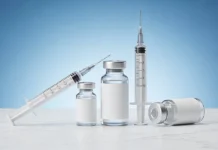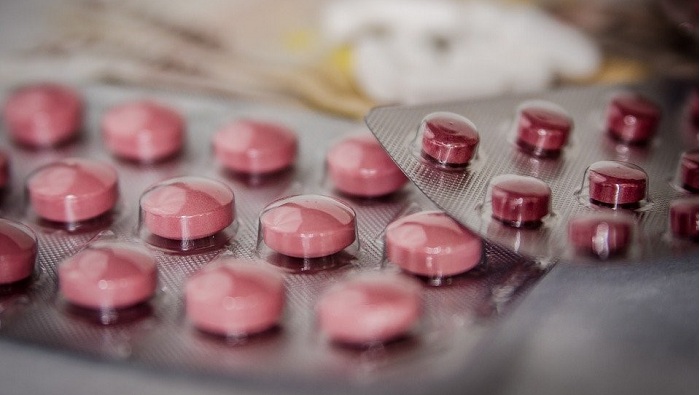Proper pharmaceutical waste disposal is crucial for protecting our environment, ensuring public safety, and complying with regulatory standards. Incorrect disposal can lead to water contamination, harm wildlife, and increase the risk of drug misuse. At TriHaz Solutions, we specialize in safe and compliant waste management solutions, including the disposal of pharmaceutical waste.
Here’s everything you need to know about managing pharmaceutical waste effectively:
1. Understand Pharmaceutical Waste Categories
Pharmaceutical waste falls into several categories, each requiring specific handling procedures:
- Non-Hazardous Pharmaceutical Waste: Includes over-the-counter medications and some prescription drugs.
- Hazardous Pharmaceutical Waste: Includes drugs containing toxic substances, such as chemotherapy agents.
- Controlled Substances: Includes medications classified under the DEA’s Controlled Substances Act, which require special disposal procedures.
- Sharps and Containers: Includes needles, syringes, and partially used vials or ampules.
2. The Risks of Improper Disposal
Improperly discarding pharmaceutical waste, such as flushing medications down the drain or throwing them in regular trash, can:
- Contaminate drinking water sources.
- Harm aquatic ecosystems and wildlife.
- Increase the risk of accidental ingestion or misuse by humans or animals.
3. Steps to Proper Disposal of Pharmaceutical Waste
Step 1: Partner with a Certified Waste Disposal Company
Working with a trusted waste management provider like TriHaz Solutions ensures your pharmaceutical waste is handled according to local, state, and federal regulations.
Step 2: Segregate Waste Correctly
Proper segregation is vital. Keep hazardous, non-hazardous, and controlled substances separate to prevent cross-contamination and ensure compliance.
Step 3: Use Approved Containers
Store pharmaceutical waste in designated containers to ensure safe transport and disposal. For sharps, use puncture-proof containers to prevent injuries.
Step 4: Follow DEA Guidelines for Controlled Substances
Controlled substances require specific handling and documentation. TriHaz Solutions offers DEA-compliant disposal methods to help you manage these medications safely.
Step 5: Ensure Proper Documentation
Maintain detailed records of pharmaceutical waste disposal, including manifests and certificates of destruction, to remain compliant and prepared for audits.
4. Benefits of Professional Pharmaceutical Waste Disposal
Partnering with TriHaz Solutions provides numerous benefits:
- Regulatory Compliance: We stay up-to-date with all EPA, DEA, and OSHA regulations.
- Safety: Our services reduce the risk of environmental contamination and human exposure.
- Convenience: With scheduled pickups and tailored waste management plans, we handle the complexities for you.
- Sustainability: We ensure that waste is processed through eco-friendly and safe methods.
5. Additional Tips for Pharmaceutical Waste Disposal
- Avoid Stockpiling: Regularly dispose of expired or unused medications to minimize waste.
- Educate Staff: Train employees on proper segregation and disposal procedures.
- Plan for Emergencies: Have a system in place for managing spills or accidental exposure.



















